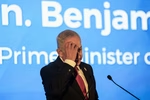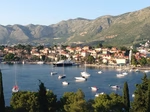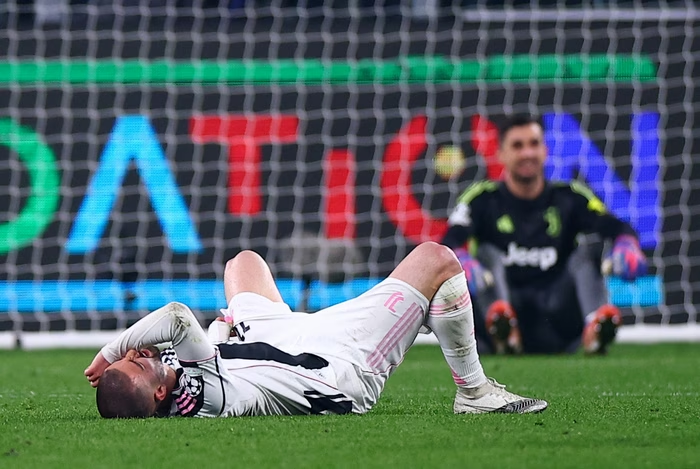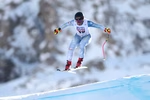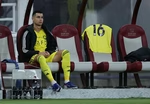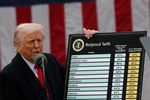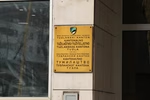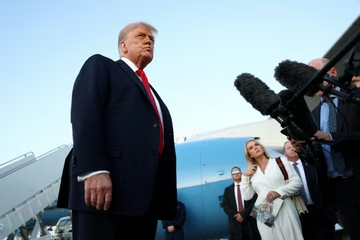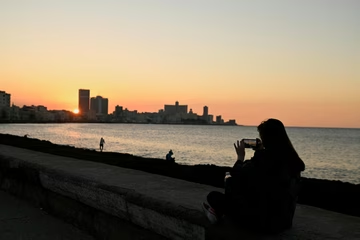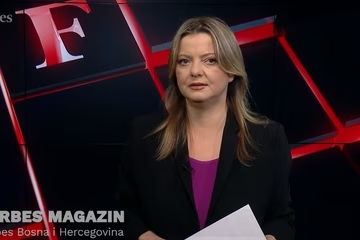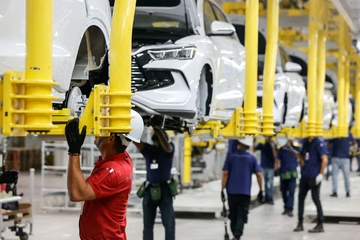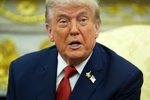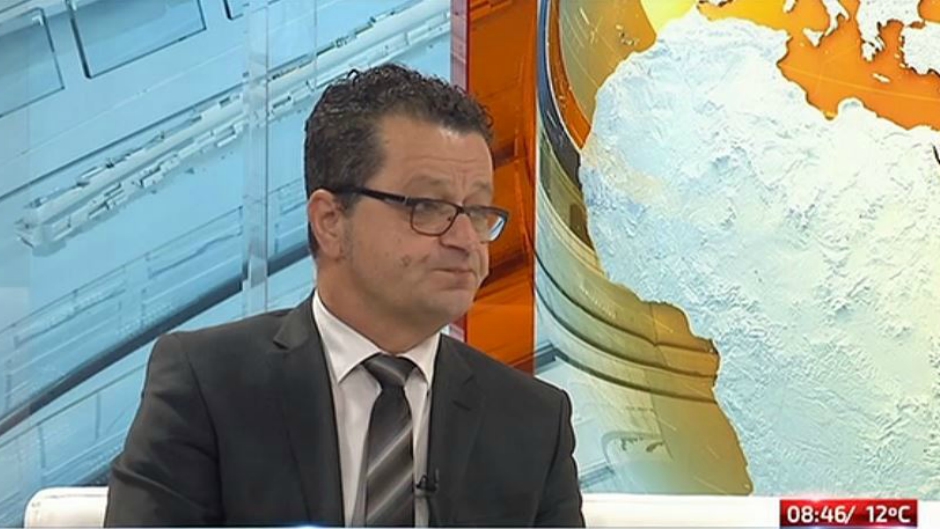
The Croat Democratic Union 1990 (HDZ 1990) Leader Martin Raguz said no 'Plan B' for the changes to Bosnia's Election Law was ever formally discussed by the Croat People's Assembly (HNS).
Two years ago the Constitutional Court of Bosnia and Herzegovina ruled that some provisions of Bosnia’s Election Law were inconsistent with the state Constitution. Since then the authorities have failed to act in the legally allowed time-frame resulting in a further court ruling to delete two sections of the Election Law that treat the matter of representation in the Federation of Bosnia and Herzegovina (FBiH) entity's House of Peoples.
The ongoing political talks on the electoral reform in Bosnia have been in a deadlock for some time, despite the mediation of international representatives in the country, who took the advisory role in these negotiations.
The problem lies in different views on how the Election Law should be amended. One of the concepts that is supported by the Croat People’s Assembly (HNS) introduces the concept of “legitimate representatives of constituent peoples” and they also wish to change the way the Bosnian Presidency members are elected.
On the other hand, all the opposition, non-Croat and all the Bosniak parties in FBiH are against this concept and they strictly support the one-man-one-vote concept without any mention of “legitimate representation of constituent peoples.”
Several days ago, Bosnia’s tripartite Presidency member and the Leader of the Croat Democratic Union (HDZ BiH) Dragan Covic said that the parties gathered around the HNS are initiating a “Project B” for amendments to the Election Law because the activities concerning the changes to the Law make no sense after Bosnia and Herzegovina's Central Election Commission announced the election.
"Activities concerning the amendments make no sense anymore because they would threaten the democratic principles,” Covic said. "We will adjust our activities now. We are initiating a ‘Project B.’ We have new activities which are different from what we've prepared for. We will try to make this group of parties win the election, convincingly."
He stressed that the local political actors have not been taking the issue of amending the Election Law seriously and that they attempted to find the solution to the issue only in the past two months, “ignoring the issue for the past two years.”
Following these statements, Dragan Covic met with the President of the Serb dominated Republika Srpska (RS) entity and the Alliance of Independent Social Democrats’ Leader Milorad Dodik and announced a coalition after the upcoming general election which they expect to win.
After this meeting, Dragan Covic said that his “Project B” or “Plan B” means that the Croat parties gathered around the HNS will be making coalitions with other parties which they previously neglected as potential partners. Both Covic and Dodik will be running for the three-member Presidency in the October election.
However, the Leader of the Croat Democratic Union 1990 (HDZ 1990) Martin Raguz said that no “Plan B” was ever officially discussed.
This party was made when former HDZ BiH members who were dissatisfied with the way HDZ BiH was representing the Croat people in Bosnia broke off and formed their own party, the HDZ 1990.
"No plan" B" has been formally, institutionally, discussed as far as the HNS is concerned, and that is my comment. Those who talk about the “Plan B” and suggest these initiatives and ideas should be asked to explain and present what they mean by that,” Raguz said. “What I can say as a delegate in the House of Peoples of FBiH is that the only plan we can discuss together is the one about Bosnia’s accession to the EU, the fulfillment of the reforms during Bosnia's EU accession process, getting the EU candidate status, achieving the European criteria and standards in all areas of life, constitutional and other reforms and of course the Election Law and every other political and technical reform required by the EU accession process,” Raguz emphasized.
Kakvo je tvoje mišljenje o ovome?
Učestvuj u diskusiji ili pročitaj komentare





 Srbija
Srbija
 Hrvatska
Hrvatska
 Slovenija
Slovenija











